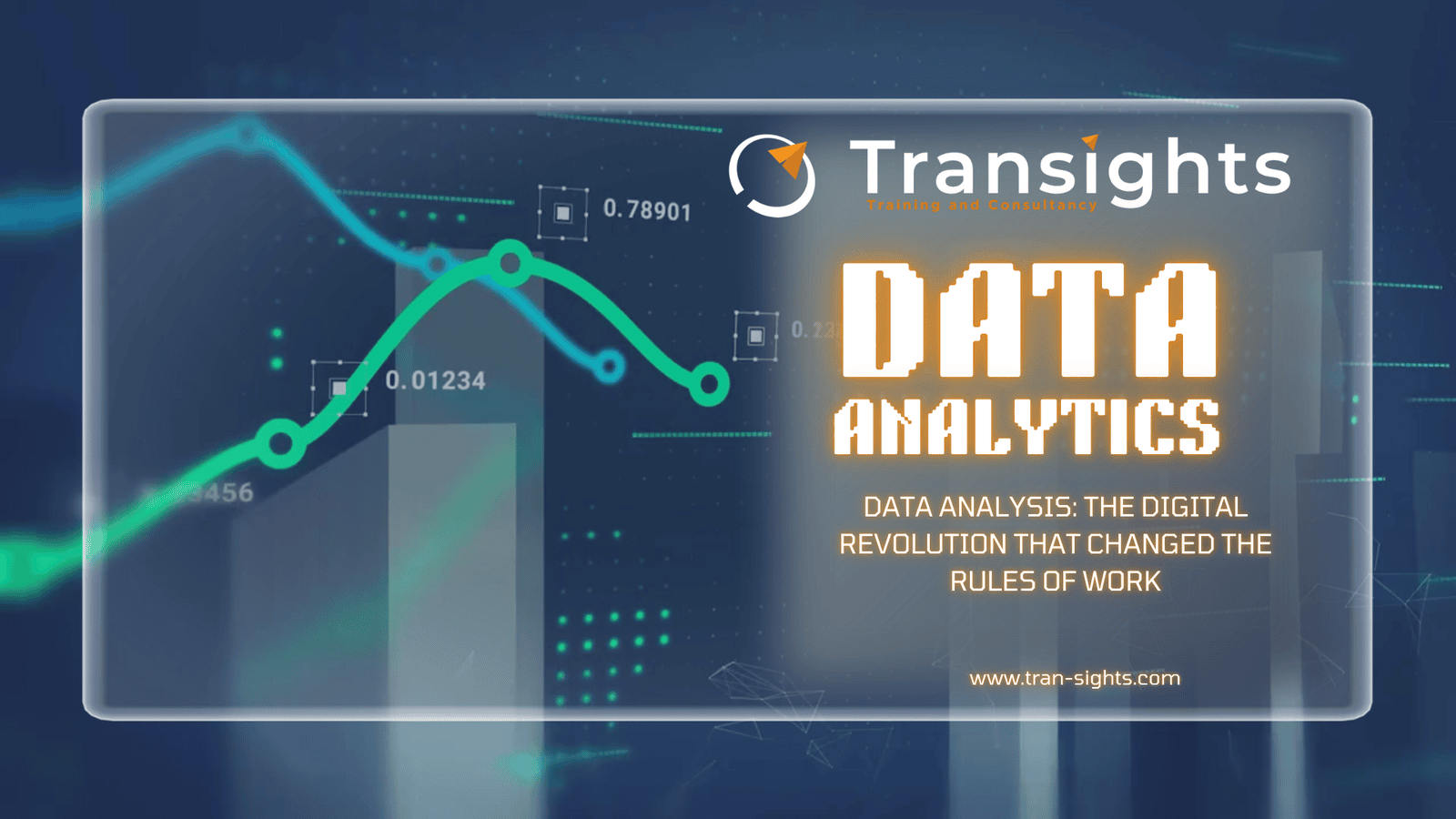
In today's business world, data analysis has become one of the fundamental pillars upon which companies base their strategic decisions. With the increasing volume of data and the emergence of advanced technologies, data analysis is no longer just a complementary tool but the cornerstone for improving performance and increasing efficiency.
What is Data Analysis?
Data analysis is the process of examining, organizing, and transforming raw data into valuable information that can be used for better decision-making. Analysts use advanced techniques such as statistics, machine learning, and artificial intelligence to extract patterns and predictions that contribute to business improvement.
Why Has Data Analysis Become So Important?
Strategic Decision-Making: Data analysis helps companies make informed decisions based on accurate, real-time information, leading to improved performance and efficiency.
Enhancing Customer Experience: By analyzing customer behavior and needs, companies can tailor their offerings and services, enhancing customer satisfaction.
Predictive Analysis: Predictive analysis tools allow companies to forecast future trends, helping them adapt quickly to market changes.
Recent Developments in Data Analysis
In recent years, the field of data analysis has seen significant advancements, including:
Artificial Intelligence and Machine Learning: AI has become an essential tool for analyzing large volumes of data, helping automate processes and improve predictive accuracy. Through machine learning, systems can improve their performance over time without direct human intervention.
Real-Time Data Analysis: Modern technologies allow real-time data analysis, enabling companies to make instant decisions in response to changing conditions. For example, retailers can track purchasing behavior and interact with customers as they visit their websites.
Advanced Analytics and Big Data: Big Data analytics has become indispensable across industries. Companies can now process vast amounts of unstructured data to extract valuable insights.
How Has Data Analysis Made a Difference in Work?
Increased Operational Efficiency: By using data analysis tools, companies can identify processes that need improvement or generate unnecessary costs, which enhances efficiency and reduces expenses.
Achieving Greater Profitability: Through in-depth analysis of financial data and customer behavior, companies can identify new opportunities to improve revenue and increase profitability.
Improved Forecasting: Predictive analysis helps forecast future trends, enabling companies to prepare for new challenges or seize opportunities ahead of others.
Real-World Success Stories in Data Analysis
E-Commerce Company: By analyzing data derived from customer behavior on their website, the company was able to improve user experience and increase sales by 30% in a short period.
Global Logistics Company: Using predictive data analysis, the company reduced shipping time by 25%, improving operational efficiency and customer satisfaction.
Financial Firm: By using advanced analytics tools, the firm improved its investment strategies, leading to higher returns for its investors.
How Can You Benefit from Data Analysis in Your Business?
Regardless of your company’s size or industry, you can benefit from data analysis to improve performance and efficiency. By investing in the right tools and technologies, and training your team to effectively analyze and use data, you can outperform competitors in the market.
Data analysis is not just a passing trend but a necessity in our digital age. As technology continues to evolve, those who invest in data analysis will be at the forefront of change, leading the market toward the future.

